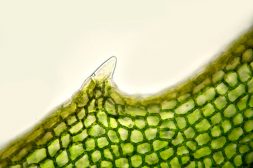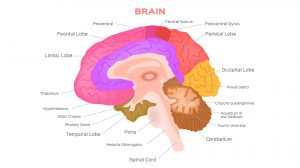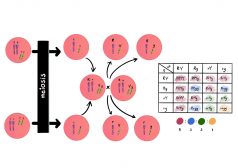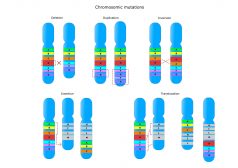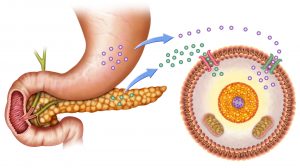Definition
noun, plural: biocoenoses
All the interacting organisms that live together in a specific habitat or biotope, forming an ecological community
Supplement
In ecology, a community refers to an association of living organisms having mutual relationships among themselves and to their environment and thus functioning, at least to some degree, as an ecological unit. It is comprised of the different groups of organisms coexisting in a habitat over a particular time. An ecological community is also called a biocenosis. A biocenosis thus refers to a group of interdependent organisms living and interacting with each other in the same habitat. It may also pertain to a group of fossil species that are typically found together in the same habitat or site. The term biocenosis is coined by German zoologist and ecologist, Karl Möbius. In 1877 he used the word to describe the interacting organisms living together in a biotope.1 The organisms in a community interact with one another, often, affecting each other’s abundance, distribution, adaptation, and existence. An ecological community may range in size from the very small community as in a pond or a tree to the huge regional or global community as in a biome. Biocenosis has different forms: (1) zoocenosis, a faunal community, (2) phytocenosis, a flora community, and (3) microbiocenosis, a microbial community.
Word origin: Biocönose (1877) > bio- + -cönose < Gk koínōsis mingling, sharing
Variant(s):
- biocoenosis
- biocenose
- biocoenose
Synonym(s):
See also:
Reference(s):
1 Möbius, K. (1877). Die Auster und die Austernwirtschaft. Verlag von Wiegandt, Hemple & Parey: Berlin.

